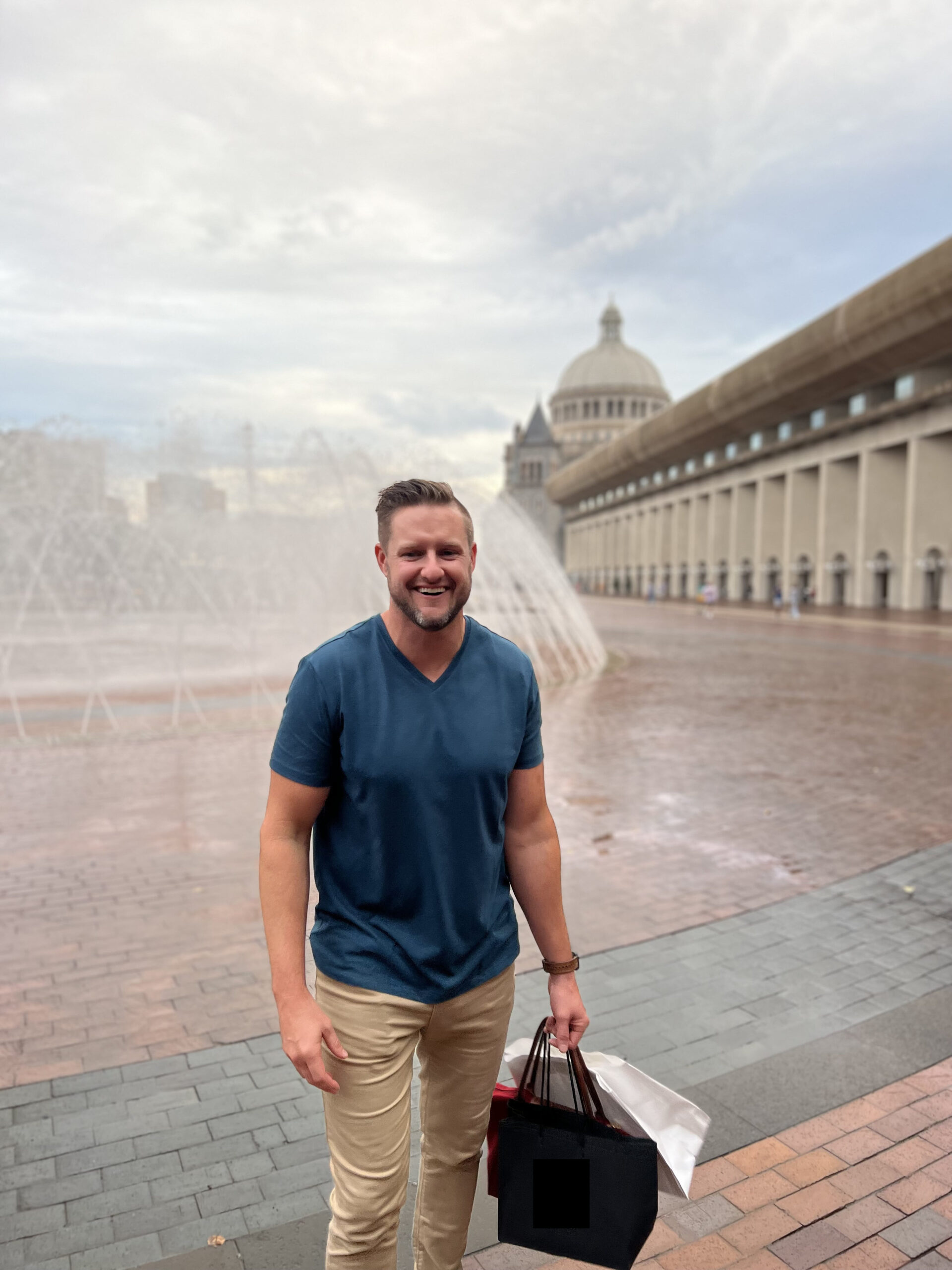

Yes, psilocybin is legal for therapeutic use in Oregon. In November 2020, Oregon voters passed
Measure 109, which legalized the use of psilocybin in licensed therapeutic settings. The
measure allows for licensed therapists to administer psilocybin to patients for the purpose of
treating mental health conditions such as depression, anxiety, and PTSD.
It’s important to note that psilocybin remains illegal under federal law, and the measure does not
legalize psilocybin for recreational use or for use outside of licensed therapeutic settings. The
measure also includes strict regulations and oversight to ensure the safe and responsible use of
psilocybin in therapy.
As of early 2023, the regulations for implementing Measure 109 are still being developed, and it
may take several years before licensed psilocybin therapy is widely available in Oregon.
The legal psilocybin program in Oregon, which was established by Measure 109, allows for
licensed therapists to administer psilocybin to patients for the purpose of treating mental health
conditions such as depression, anxiety, and PTSD.
Here is an overview of how the program works:
In Oregon, psilocybin lab testing is typically performed to ensure the safety and purity of
psilocybin-containing products, such as mushrooms or extracts, that are intended for human
consumption. Here is an overview of how psilocybin lab testing works in Oregon:
The Psilocybin Service Center (PSC) is a term used in Oregon’s Measure 109 to refer to the
facilities where psilocybin therapy will be conducted. The Oregon Health Authority (OHA) is
responsible for developing and implementing regulations to ensure the safety and efficacy of
psilocybin therapy services.
Here is an overview of some of the regulations and requirements that may be included in the
regulations for PSCs in Oregon:
A licensed psilocybin facilitator is an individual who has obtained a license from the Oregon
Health Authority to provide psilocybin-assisted therapy at a licensed psilocybin service center in
Oregon. The licensing process is expected to involve meeting certain qualifications, completing
specific training programs, and demonstrating competency in the safe and effective use of
psilocybin and best practices for conducting psilocybin-assisted therapy sessions. The goal of
licensing psilocybin facilitators is to ensure that individuals who receive psilocybin therapy in
Oregon do so in a safe, controlled, and therapeutic environment under the guidance of qualified
professionals.
Being a competent and compassionate facilitator involves having a combination of skills, traits,
and qualities that enable you to effectively guide and support individuals or groups towards
achieving their goals while also showing empathy and concern for their well-being. Here are
some characteristics that I believe exemplify a competent and compassionate facilitator:
Estimating the size of the psilocybin market is difficult as it is a relatively new and rapidly evolving industry. However, there is growing interest in the potential therapeutic benefits of psilocybin and other psychedelics, which is leading to increased investment in research, development, and commercialization of these substances.
According to a report by Data Bridge Market Research, the global psilocybin market is expected to grow at a compound annual growth rate (CAGR) of 16.3% from 2021 to 2028. This growth is attributed to factors such as increasing awareness and acceptance of the therapeutic potential of psilocybin, growing prevalence of mental health disorders, and a shift in societal attitudes towards mental health treatment.
Another report by Deloitte estimates that the total addressable market for psychedelic- assisted therapies could be worth up to $100 billion, with psilocybin being a significant part of that market. However, it is important to note that these estimates are based on various assumptions and the actual size of the psilocybin market may differ.
It is also worth noting that the legality and regulatory status of psilocybin vary greatly across different countries and jurisdictions, which could impact the growth and size of the market in the future.
Currently, several states in the United States are considering legalizing psilocybin for
medical or therapeutic purposes, either through legislative action or through voter
initiatives. These states include:
It is important to note that the legal status of psilocybin varies greatly across different
states and jurisdictions, and the path to legalization can be complex and challenging.
Additionally, the regulations and guidelines for legal psilocybin therapy can vary widely
depending on the state or jurisdiction.


Chris Mitchem is the Founder of Project Circle. Chris started Project Circle to help people live their best lives by controlling their depression, anxiety, addiction, and PTSD.





